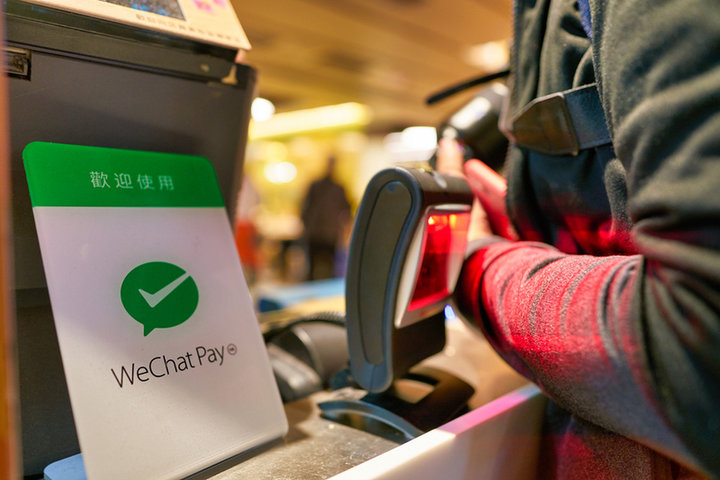The briefing on technology
The latest news, trends and data on technology
Technology news in numbers
7 million
The number of Robinhood users who had their personal data compromised in a hack against the trading platform in November.
$7.3bn
That's how much SoftBank's Vision Fund reported in quarterly losses in November.
127
How many qubits IBM's new quantum computer chip has.
826
How many unicorns there were in the world as of the end of August 2021, according to GlobalData’s thematic research.
$17m
That's how much the Stockholm-based sustainable shopping startup Doconomy secured in a funding round in September.
$125.1bn
How much the sexual wellness market is expected to be worth by 2026.
$155m
The amount Italian Klarna rival Scalapay picked up in a Series A round in September.
Top story

From the news
Google to allow for third-party payments in South Korea
Google says it will allow third-party in-app payment systems in South Korea to comply with a new law. This marks the first time the US tech giant has changed its payment policy for a specific country.
The Alphabet-owned company made the announcement on Thursday. It came after South Korea’s parliament amended the nation’s Telecommunications Business Act, dubbed the “anti-Google law”, banning major app store operators from forcing developers to use proprietary payment systems.
Nubank soldiers on towards IPO
Brazilian fintech Nubank is gearing up for an initial public offering on the New York Stock Exchange and the Brazilian B3 stock exchange, according to US Securities and Exchange Commission and Brazilian Securities and Exchange Commission filings.
The neobank has set a target price range of between $10 and $11, which would give it a post-IPO valuation between $46bn and $50.6bn. It aims to raise more than $3bn through the float.
Square’s Afterpay buy OK’d
Afterpay’s shareholders have approved Square’s acquisition of the fintech company for $29bn. Twitter founder Jack Dorsey’s side-hustle is one step closer to creating a financial super-app that doesn’t just provide payment and cryptocurrency solutions, but may soon also cut into the fashionable buy-now-pay-later (BNPL) industry.
Square’s acquisition of Afterpay also marks a trend where big financial players are muscling into the BNPL sector and existing BNPL providers are responding by expanding their own offering outside instalment services.
Google shakes data privacy lawsuit but cops EU antitrust fine
Google had an eventful day on Wednesday 10 November. The search giant lost a €2.42bn ($2.8bn) antitrust case after the EU’s second-highest court ruled that the company abused its dominant position to beat competition in ecommerce. Meanwhile, Google won at the UK Supreme Court, which unanimously voted down a £3bn ($4.05bn) lawsuit that would have seen over four million Brits compensated for allegedly illegal data tracking via their iPhones.
Google “close to misinformation” in attempt to rally SMEs against antitrust regulation
Tech behemoth Google is sending unsolicited emails to small and medium-sized enterprises (SMEs) asking for their support against upcoming antitrust regulations. The move, branded “desperate” and “close to misinformation” by analysts, is one which Google tells Verdict is ultimately in SMEs’ best interests.
Google My Business Profile users have reported receiving emails from the company warning about the threat the US Congress could pose to their business by disrupting the Google services they rely on.
Didi does delivery (again), deigns not to call it Didi Dining
Chinese ride-hailing app, Didi Chuxing, is attempting to make a comeback after a state-led investigation knocked $15bn off its market value. This time, the brand is looking to spread its reach into the food delivery industry.
According to Chinese news outlets, Didi is trialling a food delivery service in Tianjin, a city next to Beijing, called “Aoao dining”. The move aims to revive the company’s delivery service, formerly called “Manzu Gaifan”, which was launched in 2020.
BACK TO TOP